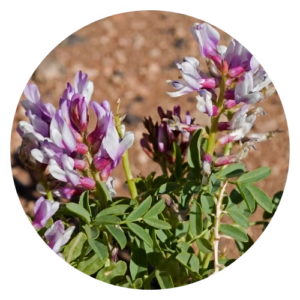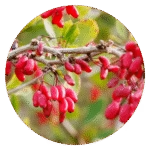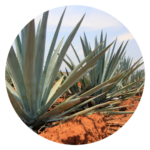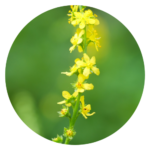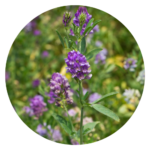Astragalus | Astragalus membranaceous
Astragalus is a traditional immune-boosting adaptogen that supports vitality, heart health, and resilience against illness. Its anti-inflammatory, antiviral, and antioxidant effects make it a staple in immune and wellness formulas.

